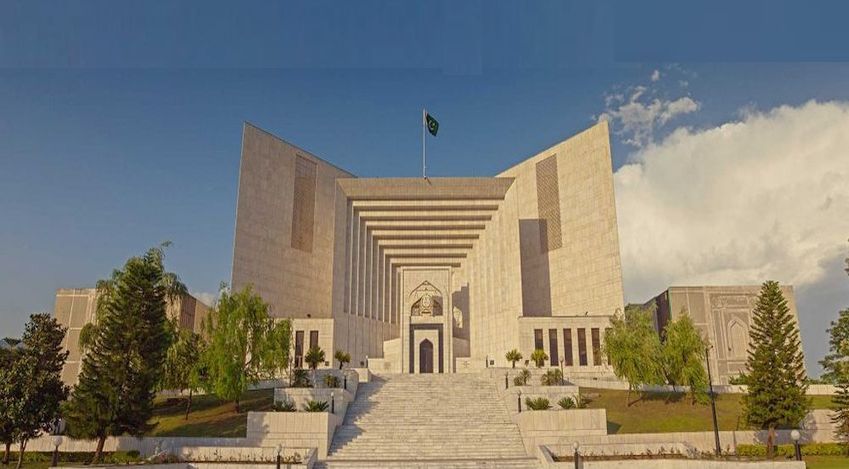Disciplinary Actions must be confined to Allegations Explicitly mentioned in the Show Cause Notice --- Allegations in the Dismissal Order were not part of the Original Show Cause Notice --- Supreme Court of Pakistan set aside Dismissal Order
Islamabad 22-11-2024: The Supreme Court of Pakistan, in a landmark decision, set aside the dismissal of Faisal Ali, a police constable, citing significant procedural irregularities in the disciplinary proceedings conducted against him. The three-judge bench, comprising Mr. Justice Amin-ud-Din Khan, Mr. Justice Muhammad Ali Mazhar, and Mr. Justice Irfan Saadat Khan, remanded the case back to the Punjab Service Tribunal for reconsideration in accordance with the law.
Faisal Ali was dismissed from service on November 21, 2014, following allegations of absence from duty and subsequent conviction in a criminal case under Sections 324, 148, and 149 of the Pakistan Penal Code. The disciplinary action was based on a show cause notice dated October 27, 2014, alleging misconduct and inefficiency. Faisal Ali challenged the dismissal, arguing that the disciplinary proceedings were conducted ex-parte without providing him a fair opportunity to defend himself.
The Court identified critical lapses in the disciplinary process, including:
- The allegations considered in the dismissal order were not part of the original show cause notice, depriving the petitioner of the opportunity to respond.
- The inquiry was conducted ex-parte, violating principles of natural justice.
- The punishment was deemed disproportionate, especially given that the petitioner’s criminal conviction had been overturned on appeal.
The Court emphasized that disciplinary actions must be confined to allegations explicitly mentioned in the show cause notice. It also highlighted that acquittal in a criminal case does not preclude disciplinary action, but such proceedings must have an independent and fair basis.
The judgment referred to Ijaz Badshah Vs. Secretary, Establishment Division, Govt. of Pakistan (2023 SCMR 407), underscoring the importance of procedural fairness and proportionality in disciplinary actions.
The Supreme Court of Pakistan converted the petition into an appeal, allowed it, and set aside the Punjab Service Tribunal’s decision. The case was remanded to the Tribunal for a fresh hearing, ensuring compliance with procedural and substantive fairness.
Powered by Froala Editor








